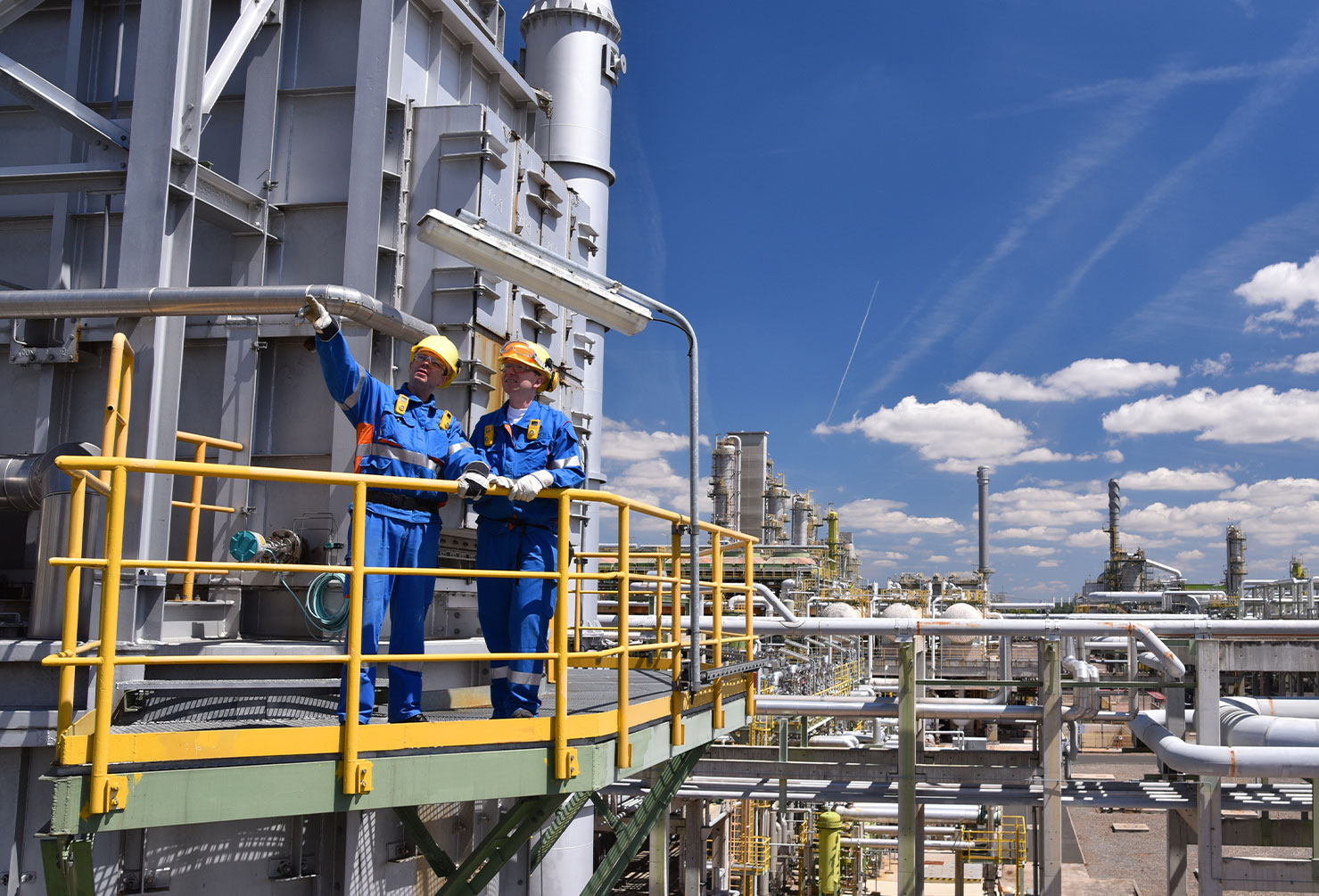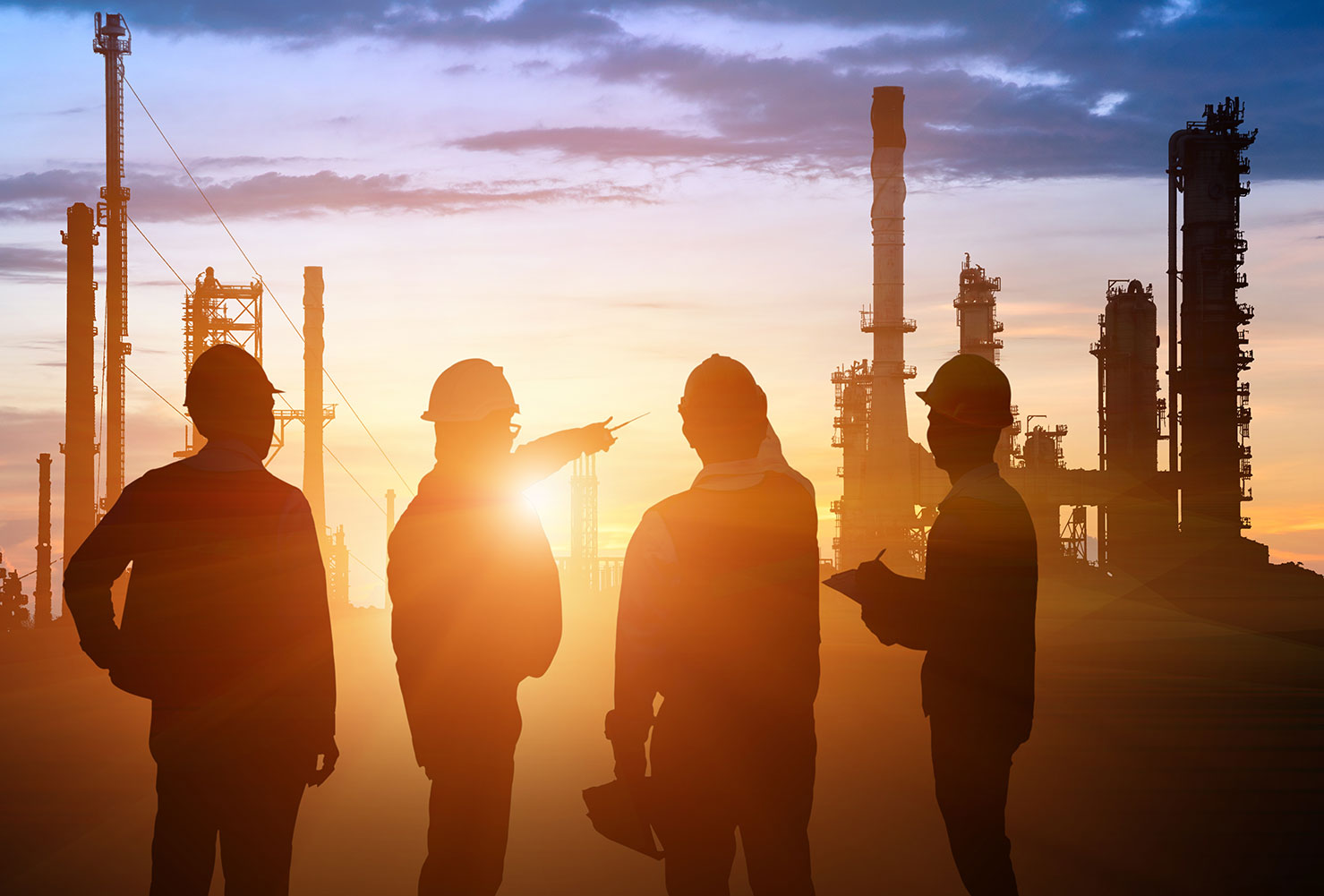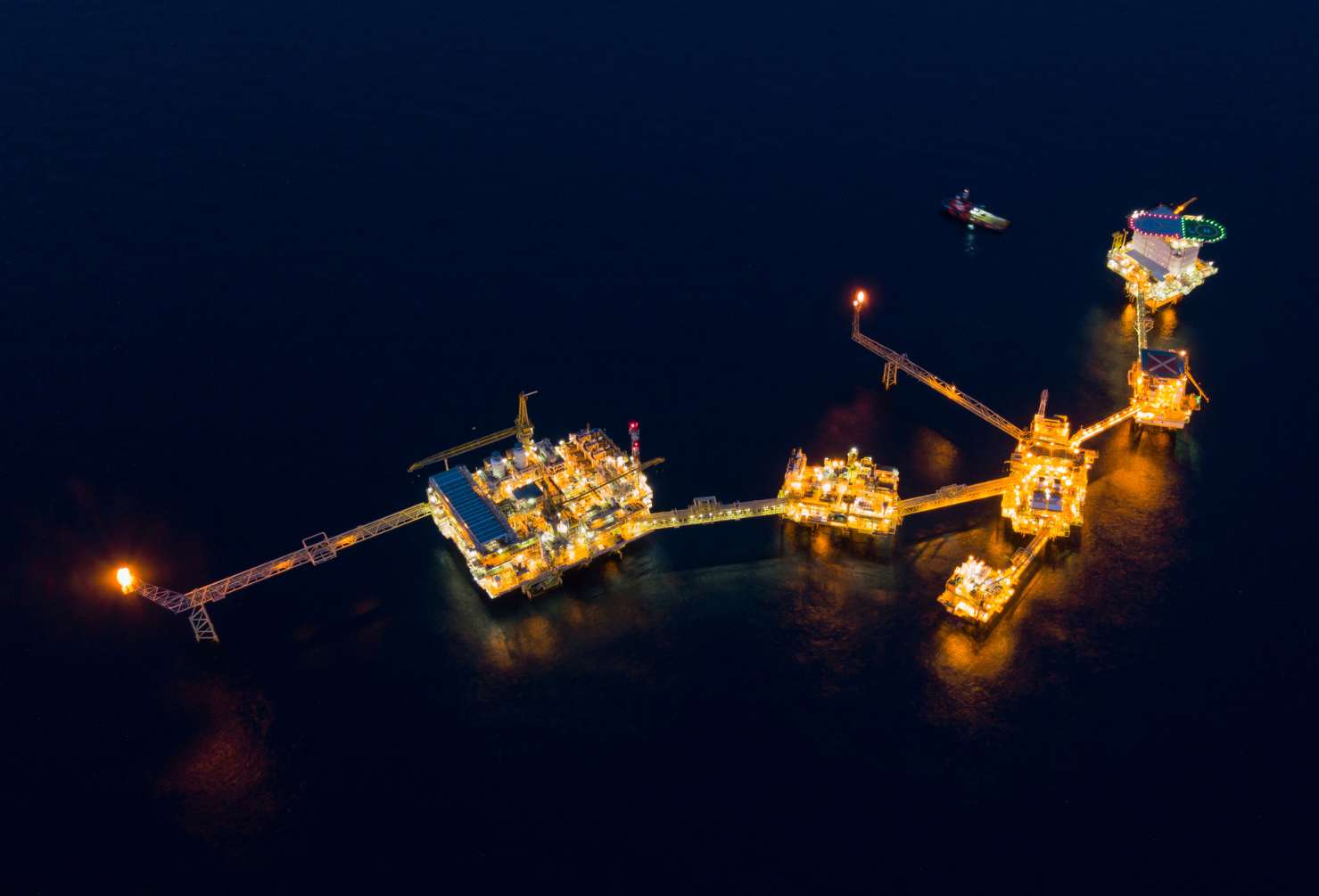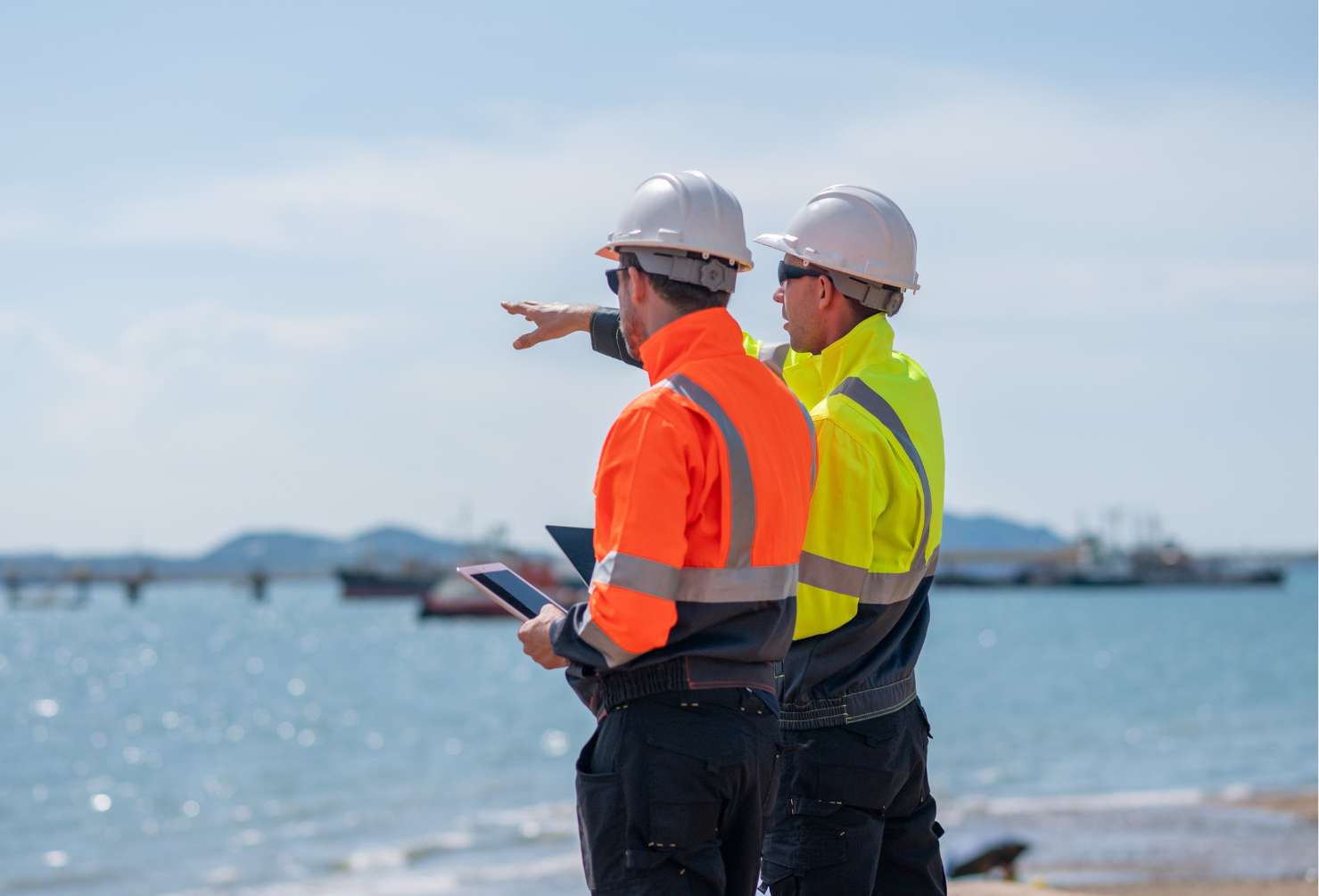
In Australia’s dynamic oil and gas industry, career advancement requires more than just technical expertise. While skills and qualifications are essential, networking and active participation in professional associations play a crucial role in helping engineers achieve their career goals. In a sector marked by its cyclical nature, rapid technological changes, and evolving regulatory frameworks, building a robust professional network and engaging with industry bodies can offer significant opportunities for learning, career growth, and professional development. This blog focuses on the importance of networking and professional associations for engineers in Australia’s oil and gas sector, highlighting specific organisations, events, and committees that can help maximise career growth.
Why Networking Matters in the Oil and Gas Industry
Networking is an indispensable tool for career development in the oil and gas sector due to several key factors:
1. Access to Unadvertised Opportunities
Many job opportunities in the oil and gas industry are filled through referrals and professional networks rather than public advertisements. Networking can help engineers tap into this hidden job market by building relationships with industry peers, potential employers, and recruiters.
For instance, events like the APPEA Conference and Exhibition—one of the largest annual gatherings for the Australian oil and gas industry—are excellent opportunities to connect with hiring managers, industry leaders, and potential collaborators. Attending such events can significantly increase your visibility and access to unadvertised job openings, providing a competitive edge.
2. Staying Informed About Industry Trends
The oil and gas industry is continually evolving, with new technologies, regulations, and market trends shaping the landscape. Networking with industry professionals provides a valuable way to stay informed about these changes. Engaging in discussions with peers and attending industry events like the Australasian Oil & Gas Exhibition & Conference (AOG) can provide insights into the latest advancements in digitalisation, automation, and sustainable practices. These events often feature keynote presentations, technical sessions, and panel discussions that offer firsthand knowledge of emerging trends and opportunities, helping engineers stay ahead in their careers.
3. Building Collaborative Relationships
Collaboration is a critical component in the oil and gas industry, where multidisciplinary teams work together to deliver complex projects. Networking helps engineers build strong collaborative relationships with professionals from various disciplines, including geoscientists, project managers, environmental experts, and digital technology specialists. For example, participating in Society of Petroleum Engineers (SPE) Australia events, such as the SPE Asia Pacific Oil & Gas Conference and Exhibition (APOGCE), allows engineers to engage with a diverse range of professionals, facilitating cross-disciplinary collaborations that can enhance their skills and broaden their career prospects.
4. Enhancing Professional Visibility and Reputation
Active engagement in networking and industry events can significantly enhance your professional visibility and reputation. By participating in industry conferences, sharing knowledge through presentations or panel discussions, and contributing to industry publications, you can position yourself as a thought leader in your field. This increased visibility can lead to new career opportunities, such as speaking engagements, leadership roles within professional associations, or even invitations to join strategic committees.
The Role of Professional Associations in Career Development
Professional associations provide a structured platform for networking, learning, and career growth for engineers in the oil and gas industry. Here are some specific associations and their offerings.
Engineers Australia
Engineers Australia is the peak body for engineers in Australia and offers a wealth of resources for professional development. Membership provides access to a range of benefits, including:
- Continuing Professional Development (CPD) Programs: Engineers Australia offers CPD programs, workshops, and seminars designed to enhance technical skills and keep engineers up-to-date with the latest industry advancements. Topics often include sustainable engineering practices, new regulatory requirements, and emerging technologies relevant to the oil and gas sector.
- Technical Societies and Colleges: Within Engineers Australia, engineers can join specific technical societies, such as the Society of Fire Safety or the College of Mechanical Engineers, which focus on areas relevant to oil and gas operations. These groups provide networking opportunities, technical resources, and industry-specific events.
Society of Petroleum Engineers (SPE) Australia
The Society of Petroleum Engineers (SPE) Australia is a leading professional association dedicated to the oil and gas industry. SPE offers numerous opportunities for networking, learning, and career advancement:
- Technical Workshops and Conferences: SPE Australia organises events like the SPE Asia Pacific Oil & Gas Conference and Exhibition (APOGCE) and various technical workshops that provide platforms for knowledge sharing and networking. These events feature technical sessions, panel discussions, and networking receptions that connect engineers with industry leaders and peers.
- Special Interest Groups and Sections: SPE Australia has several local sections, such as SPE Western Australia and SPE Victoria-Tasmania, which regularly host technical meetings, luncheons, and networking events. These gatherings offer opportunities to engage with local professionals, share knowledge, and discuss industry challenges and innovations.
- Mentorship Programs: SPE’s mentorship programs pair early-career engineers with experienced professionals who provide guidance and support, helping them navigate their career paths and achieve their professional goals.
Australian Energy Producers
Australian Energy Producers is the national body representing Australia’s oil and gas exploration and production industry. They provide several platforms for professional development and networking:
- Australian Energy Producers Conference and Exhibition: The annual Australian Energy Producers Conference and Exhibition is the largest and most prestigious oil and gas event in the southern hemisphere, bringing together industry leaders, government representatives, and technical experts. Attending this event provides unparalleled networking opportunities and access to the latest industry insights and developments.
- Committees and Working Groups: Australian Energy Producers members can participate in various committees and working groups focused on specific industry issues, such as environmental management, regulatory compliance, and safety. Involvement in these groups allows engineers to contribute to industry discussions, influence policy development, and build relationships with key stakeholders.
Australasian Institute of Mining and Metallurgy (AusIMM)
While primarily focused on the mining industry, AusIMM also provides valuable resources and networking opportunities for engineers working in the oil and gas sector:
- Professional Development Courses: AusIMM offers a range of professional development courses, including those on project management, safety, and environmental management, which are highly relevant to oil and gas engineers.
- Networking Events and Conferences: AusIMM hosts networking events and conferences that provide opportunities to connect with professionals across the broader resources sector, including oil and gas. These events can help engineers build cross-industry relationships and explore new career opportunities.
Maximising Your Involvement with Professional Associations
To get the most out of networking and professional association membership, engineers should adopt a strategic approach to their professional engagement:
1. Attend Industry-Specific Events Regularly
Make a commitment to attend key industry events such as the Australian Energy Producers Conference, AOG Exhibition & Conference, and SPE workshops. These events are prime opportunities to network, learn about the latest industry trends, and gain insights from experts. Be proactive in engaging with other attendees, participate in Q&A sessions, and visit exhibition booths to make valuable connections.
2. Join Committees and Special Interest Groups
Consider joining committees or special interest groups within professional associations that align with your career interests. For example, if you’re passionate about sustainability, joining an APPEA committee on environmental management can provide opportunities to contribute to important discussions, influence policy, and build relationships with industry leaders. Active participation in committees can also enhance your leadership skills and increase your visibility within the industry.
3. Leverage Online Networking Platforms
Use online platforms like LinkedIn to connect with fellow professionals, join industry groups, and participate in discussions. Engage with content shared by associations such as Engineers Australia and SPE Australia, and contribute your own insights to build a strong professional presence online. Regularly update your profile with new skills, certifications, and achievements to showcase your expertise and attract potential employers or collaborators.
4. Seek Out Mentorship and Give Back
Take advantage of mentorship programs offered by associations like SPE and Engineers Australia. Whether you’re seeking guidance or offering it, mentorship can provide invaluable insights and support for career development. Additionally, consider mentoring early-career engineers or students through programs like Engineers Australia’s mentoring scheme—this not only gives back to the community but also enhances your leadership and coaching skills.
5. Continuously Develop Your Knowledge and Skills
Stay current with industry developments by attending training sessions, webinars, and workshops offered by professional associations. Engage with technical societies within Engineers Australia or specialised sections of SPE to deepen your knowledge in specific areas of interest. Regular learning and professional development are crucial for adapting to changes and maintaining your competitive edge in the job market.
6. Share Your Expertise and Contribute to the Community
Consider contributing to industry publications, presenting at conferences, or participating in panel discussions organised by associations like APPEA and SPE. Sharing your knowledge and experience not only enhances your visibility and reputation but also positions you as a thought leader in the field. This can lead to new opportunities for career advancement, such as leadership roles within professional bodies or invitations to speak at prestigious events.
Networking and active involvement in professional associations are key strategies for engineers in Australia’s oil and gas industry to maximise career growth and stay competitive. By engaging with associations like Engineers Australia, SPE Australia, Australian Energy Producers, and AusIMM, engineers can access valuable resources, build strong professional relationships, and stay informed about the latest industry trends. As the industry continues to evolve, leveraging these opportunities will be essential for achieving career success and making meaningful contributions to the future of Australia’s oil and gas sector.





